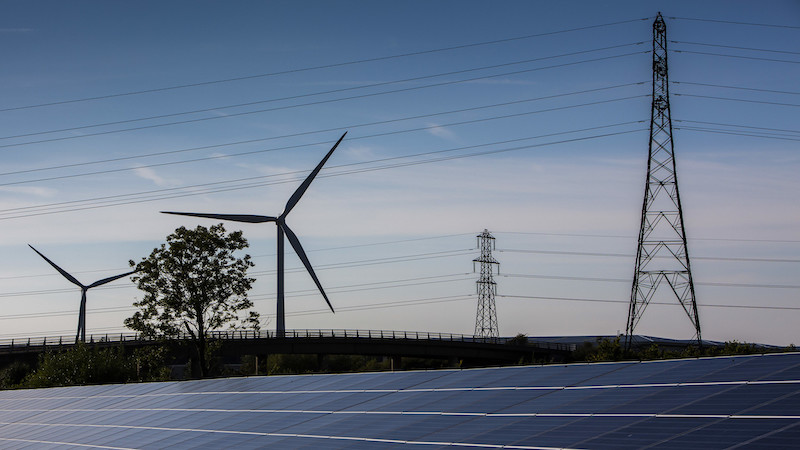Energy ministers from some of the world’s largest economies failed to agree on phasing down fossil fuels and setting ambitious renewable energy targets at a G20 meeting in Goa, India.
The summit was expected to lay down groundwork ahead of the Cop28 in Dubai. But it unearthed deep divisions between governments over some of the key issues at stake, piling pressure on the United Arab Emirates (UAE) to find a consensus around its vision for the climate summit in November.
Phasing down unabated fossil fuels by mid-century and tripling renewable energy capacity by 2030 are among the pillars of the plan outlined by Cop28 chief Sultan al Jaber.
Alden Meyer from climate think tank E3G said the Cop28 presidency “now has an even clearer sense of the fault lines among major countries” in reaching the outcome it is seeking for the climate summit and “must intensify its discussions with ministers and leaders in the weeks ahead”.
A Cop28 spokesperson told Climate Home News that “tripling renewable energy capacity by 2030 is a critical enabler of keeping the goal of 1.5 degrees Celsius within reach”.
“The COP28 Presidency will continue to call on all parties to make a clear commitment to this ambitious but achievable target at every opportunity in the lead up to COP28”, they added.
G20 ministers could not strike a deal after days of intense discussions, during which some fossil-fuel-producing nations, led by Saudi Arabia, opposed those targets, according to sources familiar with the matter.
Disagreements also resulted in the failure to produce a joint text at the end of the meeting. Instead, officials issued an outcome statement and a chair’s summary of the debate.
Fossil fuel divisions
The document said some nations emphasized the “importance of making efforts towards phase down of unabated fossil fuels”, while others focused on the use of technologies to capture greenhouse gas emissions.
At the root of the divisions – the summary says – is the view that “fossil fuels currently continue to play a significant role in the global energy mix, eradication of energy poverty, and in meeting the growing energy demand”.
This is understood to reflect the position of countries like Saudi Arabia and Russia, which had already blocked the inclusion of similar language at Cop27 last year.
At this year’s climate summit, the EU will push again for a global pledge to phase out unabated fossil fuels “well ahead of 2050” with support expected from a range of small island states and Latin American nations.
‘Disappointing’ renewables language
Further fault lines emerged over a pledge to triple renewable energy production by 2030. The summary said countries noted that there is a “need to scale up the deployment of renewable energy at an accelerated pace”. But the goal of tripling capacity within the next seven years was only mentioned in the context of “voluntary contributions”.
Major fossil fuel producers Saudi Arabia, Russia, China, South Africa and Indonesia have opposed this language, Reuters reported.
Dozens of oil & industry lobbyists attended secretive shipping emissions talks
Dave Jones, global insights lead at Ember, told Climate Home News the failure of the G20 to get behind this commitment is disappointing. “It shows that we will need to fight a lot harder than perhaps we thought to get these agreed at Cop28”, he said.
The G20 member countries together account for over three-quarters of global emissions and gross domestic product, and a cumulative effort by the group to decarbonise is crucial in the global fight against climate change.
The article was updated after publication to include a statement from the Cop28 team
